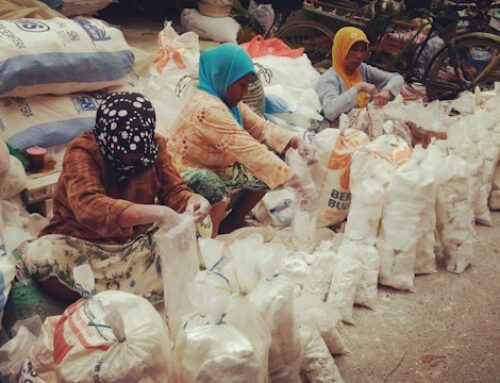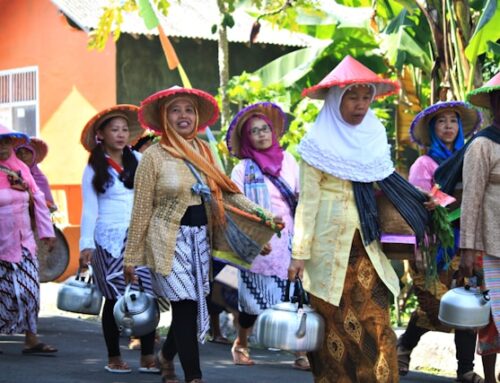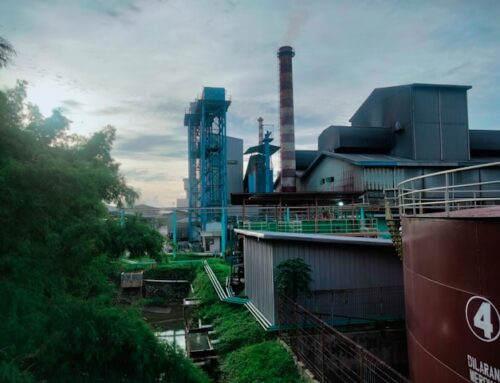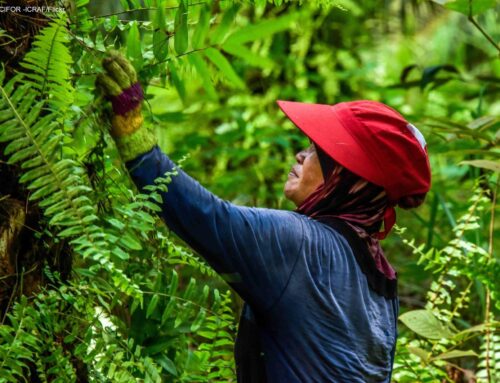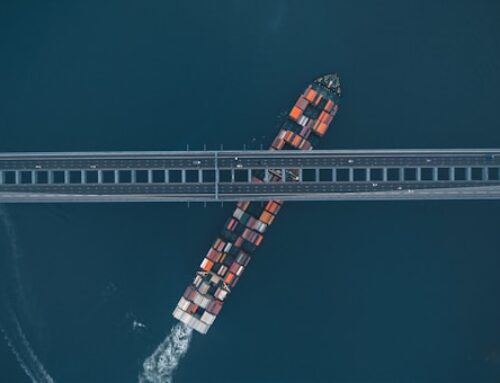Although food self-sufficiency is a continuous theme in Indonesian politics, it has received renewed attention since the most recent administrations. From Susilo Bambang Yudhoyono (2004-2014) to Joko Widodo (2014 to 2024), all demonstrated their preferences for food self-sufficiency, in particular through import restrictions. The question is, what were the factors that formed their preferences for it?
To answer the question above, this research uses theories of trade-policy preference formation, a close study of Indonesian documents on food self-sufficiency, and insights gained from the opinion of political elites, the representatives of business interests’ associations and farmers’ organisations, as well as academia regarding Indonesian food self-sufficiency. In particular, this research traces the promulgation of three Indonesian laws that stipulate food self-sufficiency through import restrictions, namely the Food Law 18/2012, the Farmers Law 19/2013, and the Job Creation Law 11/2020 (JCL). Three sets of findings stand out, which will be discussed in this seminar.
This seminar is based on the speaker’s recently completed doctoral research at the University of Otago (New Zealand).
Speaker: Dr Hizkia Respatiadi (UNICEF Indonesia)The seminar will be chaired by Dr Arianto Patunru (ANU Indonesia Project)
Tuesday, 16 January 2024 at 10.00-11.00 WIB (daring dalam Bahasa Indonesia)
Slides and video for past seminars:
